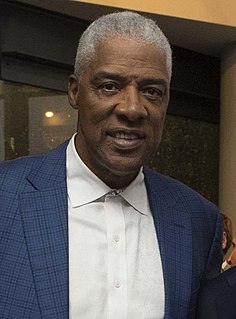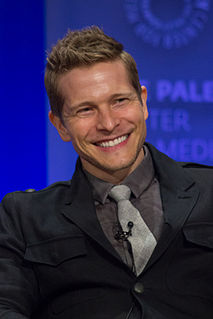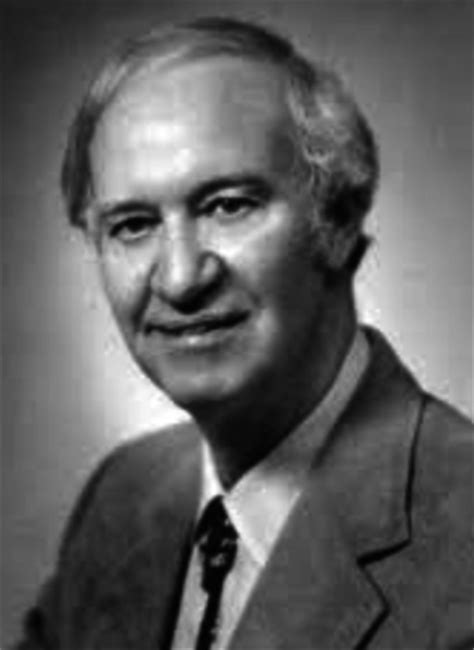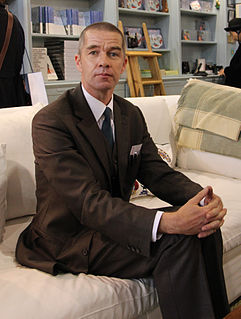A Quote by Randy Pausch
Remember how quickly our field [computer science] changes. That's why you want to focus on learning things that don't change: how to work well with other people, how to carefully assess a client's real - as opposed to perceived - needs, and things like that.
Related Quotes
I am always struck by how difficult it is for people to see how much cruelty they are bringing not only upon animals but upon themselves and their loved ones and other people, how much we are screwing up the planet, how much we are hurting our own health, how hard it is to change all that, how eager people are to make a buck at everybody else's expense - all those things are discouraging.
We will learn no matter what! Learning is as natural as rest or play. With or without books, inspiring trainers or classrooms, we will manage to learn. Educators can, however, make a difference in what people learn and how well they learn it. If we know why we are learning and if the reason fits our needs as we perceive them, we will learn quickly and deeply.
Science tries to answer the question: "How?" How do cells act in the body? How do you design an airplane that will fly faster thansound? How is a molecule of insulin constructed? Religion, by contrast, tries to answer the question: "Why?" Why was man created? Why ought I to tell the truth? Why must there be sorrow or pain or death? Science attempts to analyze how things and people and animals behave; it has no concern whether this behavior is good or bad, is purposeful or not. But religion is precisely the quest for such answers: whether an act is right or wrong, good or bad, and why.
We do not force things on people. That's not how we want things to eventuate. That's not how we want things to happen. We have what we consider to be, anyway, a respect for our form of government, a constitutional republic. We believe in it. We want legitimate mandates. We win an election, we want it to be because the genuine majority of people who share our beliefs. We don't think we accomplish anything by forcing something on people. But that's not the way the left looks at this at all. They can only get what they want by forcing it on people.
A great thinker once described innovative thinkers this way: "Some men see things as they are and say, 'Why?' I dream of things that never were and say, 'Why not?'" Innovative thinkers are constantly asking questions such as these. How can we improve recruiting, hiring and training. How can be add greater value to our products and services by making them even better? How can we do more to nourish the personal as well as professional development of our people? What more can we do as a good citizen where we do business?
There seems to be something in the zeitgeist, and maybe it's a function of - I'm no analyst, nor am I a psychologist - when you look at things and say, What if I could go back and change things? I think we live in a world right now where people are asking those questions a lot. What if we could go back and change what we did? How would we change the way we handled things in the Middle East, and how would we change things with the banking industry, and how would we change economic and educational issues?





































